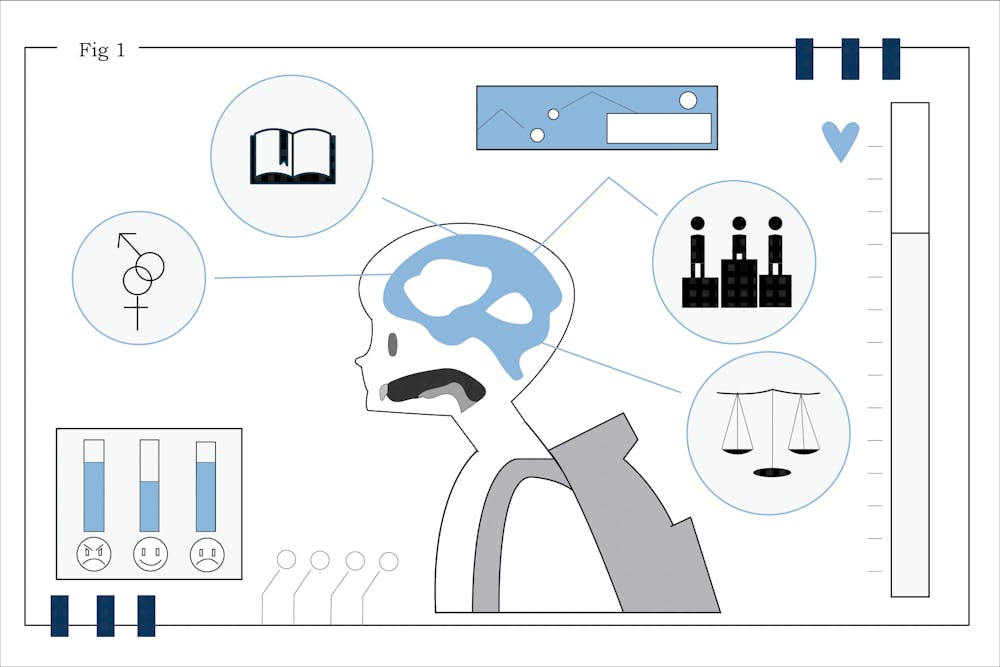“[Diversity, Equity and Inclusion] is super intertwined with mental health," Emma Serrano, treasurer of the Affirmative Action Coalition at UNC said. "Because it's a way to support students who otherwise would need perhaps more support as an aggregate community.”
Serrano said college is a time where students face greater mental challenges, saying the University's former DEI policy was a mechanism to support all students at UNC.
“It's attuned to the diverse challenges that those communities might face,” she said.
According to the University’s Counseling and Psychological Services website, public and mental health professionals have known that racism, discrimination, oppression and inequality have negative effects on physical, mental, and spiritual health.
A UNC study from 2019 found that mental health impacts minority students in different ways compared to their classmates.
The study found that Black and mixed-race students experience higher rates of anxiety and depression than their peers. Black and Hispanic students also reported higher prevalence for academic, appearance and work stressors than other demographics.
The DEI policy repeal in May 2024 by the Board of Governors has raised questions about its impacts on the student community, including effects on the mental health of underrepresented and minority students.
Victor Schoenbach, director of the Minority Health Project in the Gillings School of Global Public Health, said in an email statement that even non-minority and ‘untraditional’ minority students may be troubled by the DEI repeal across the UNC system.
“'Minority'" now can embrace so many more groups [e.g., sexual minorities, first generation students, neurodiverse students, international students, non-Judeo-Christian groups, etc.], so seeing the universities move away from actions designed to welcome, support, and include can be disquieting for many people other than ‘traditional minorities,’” he said.



